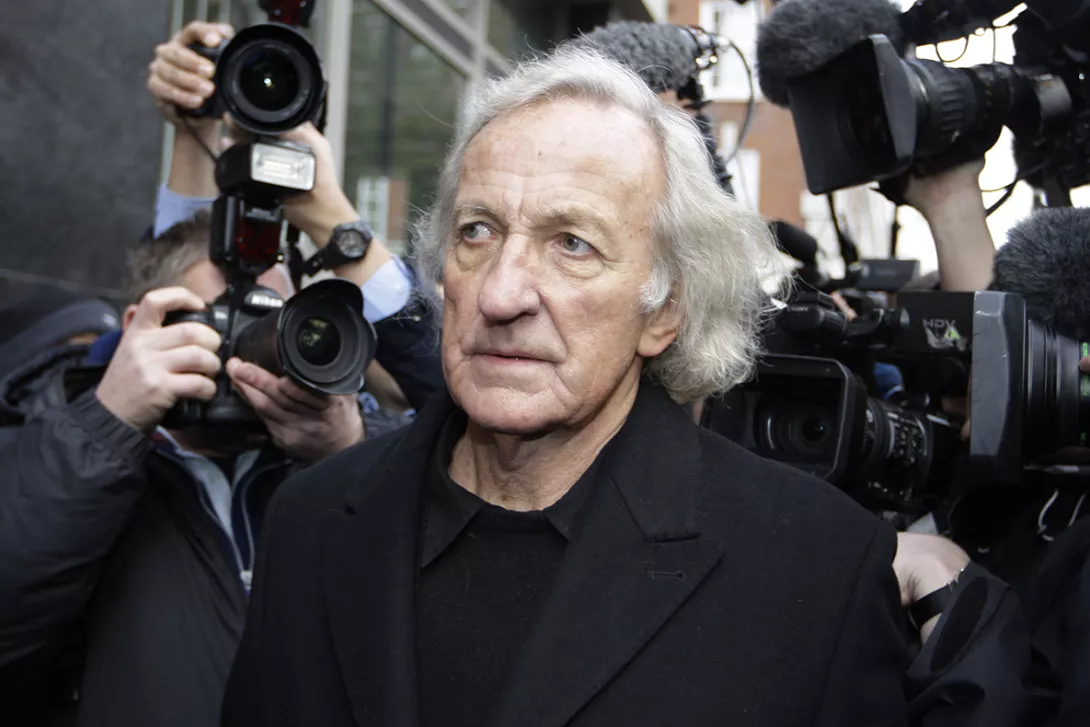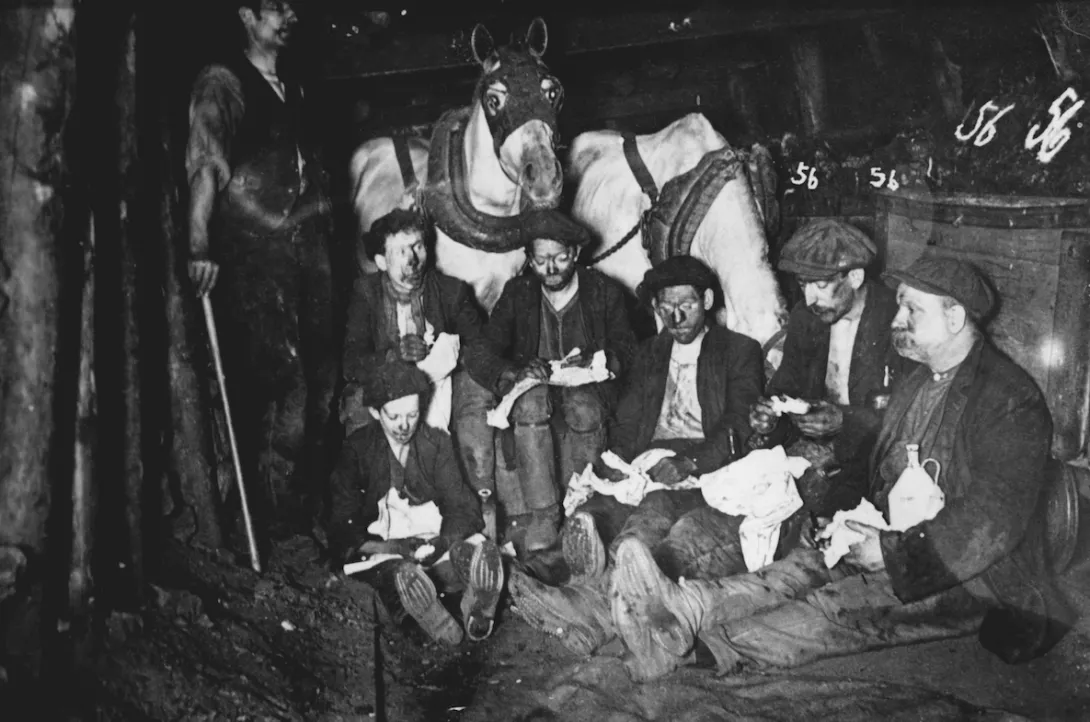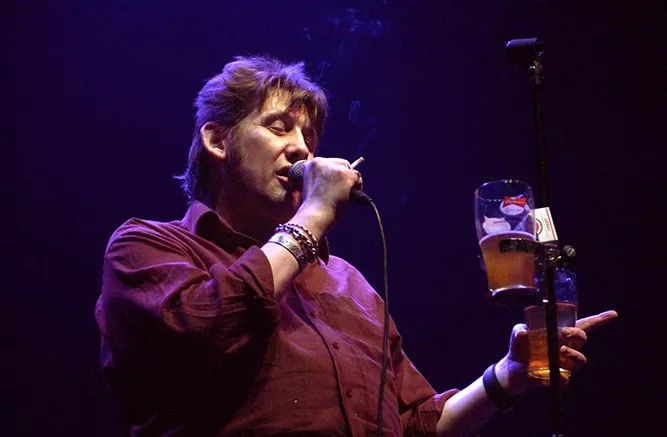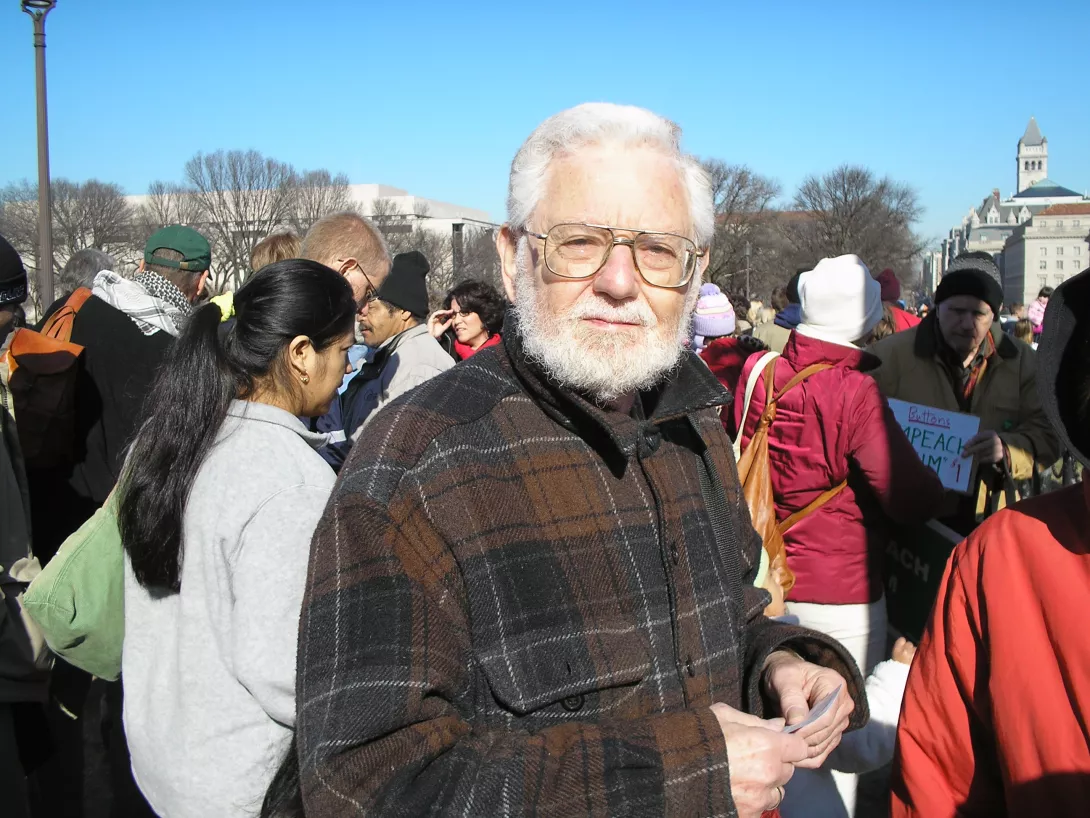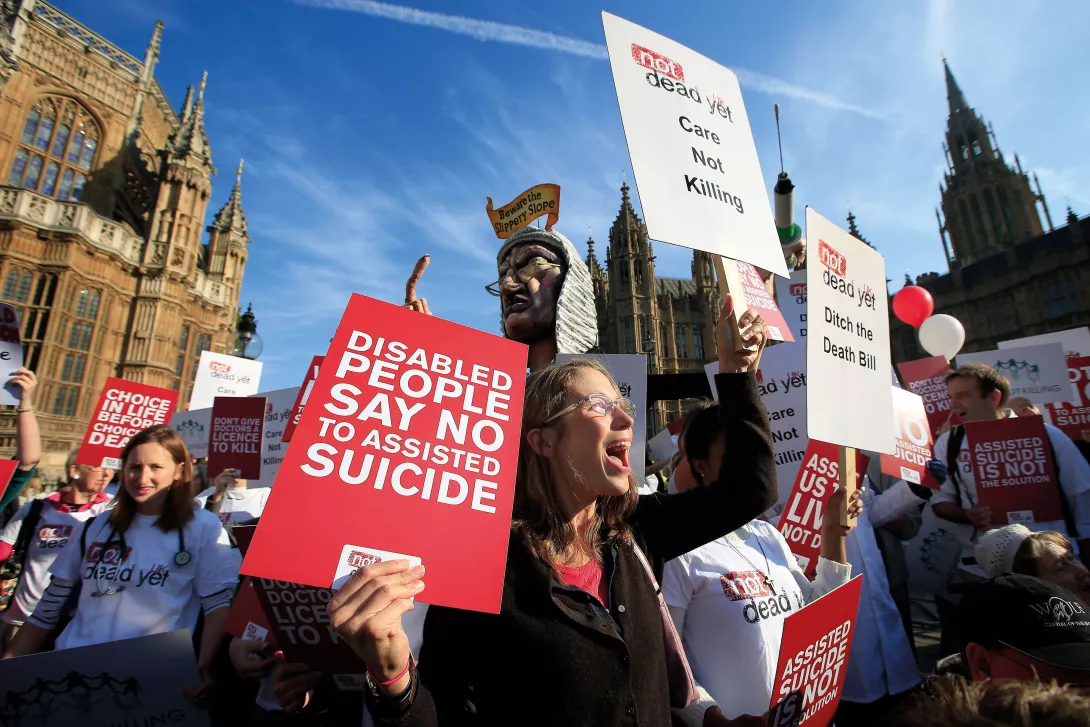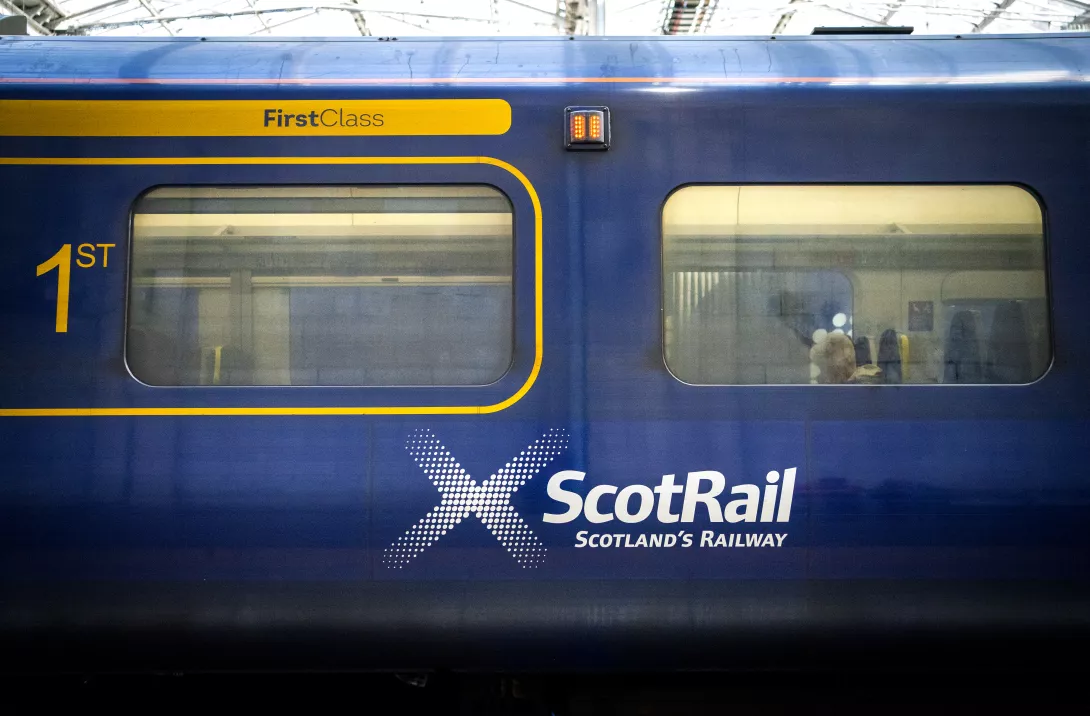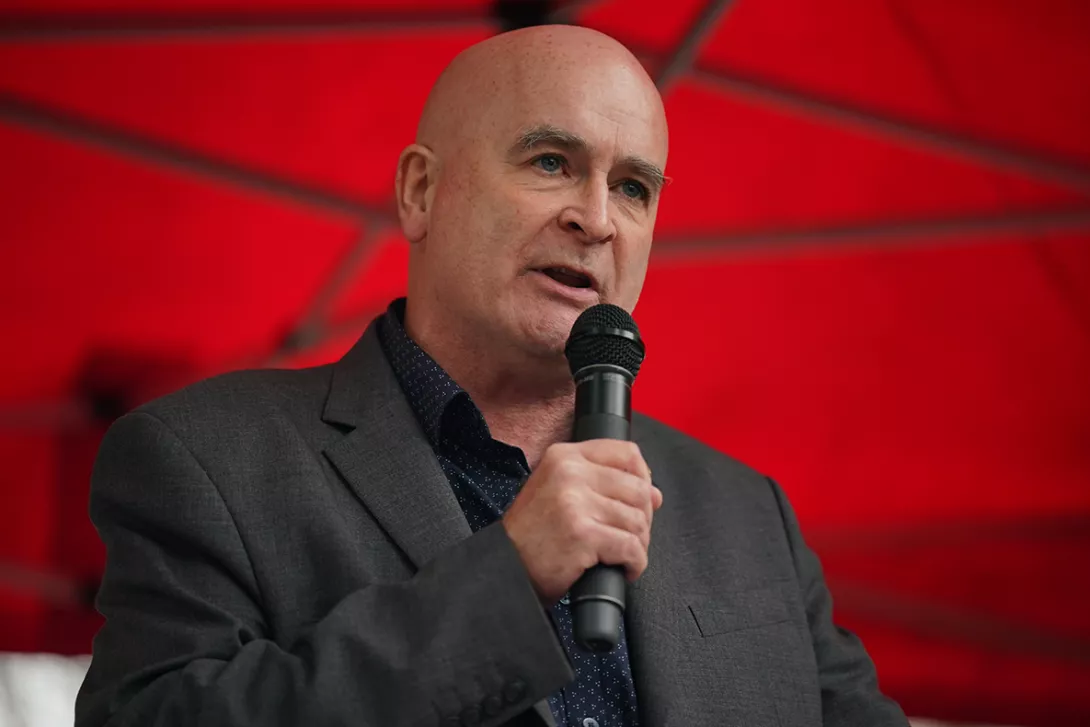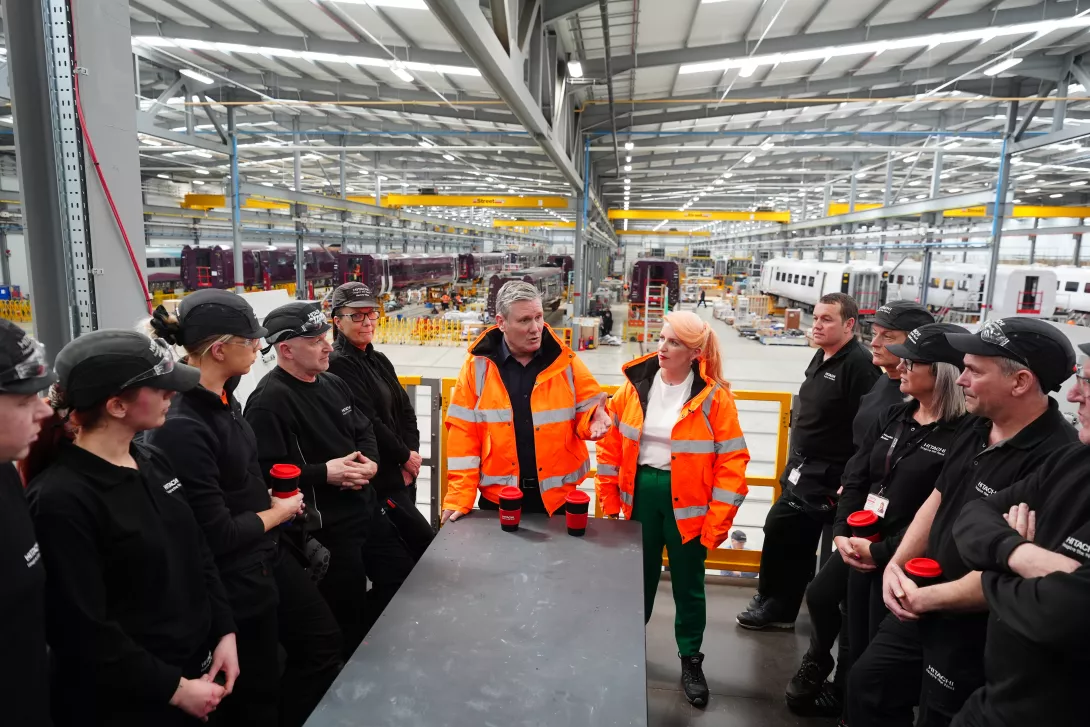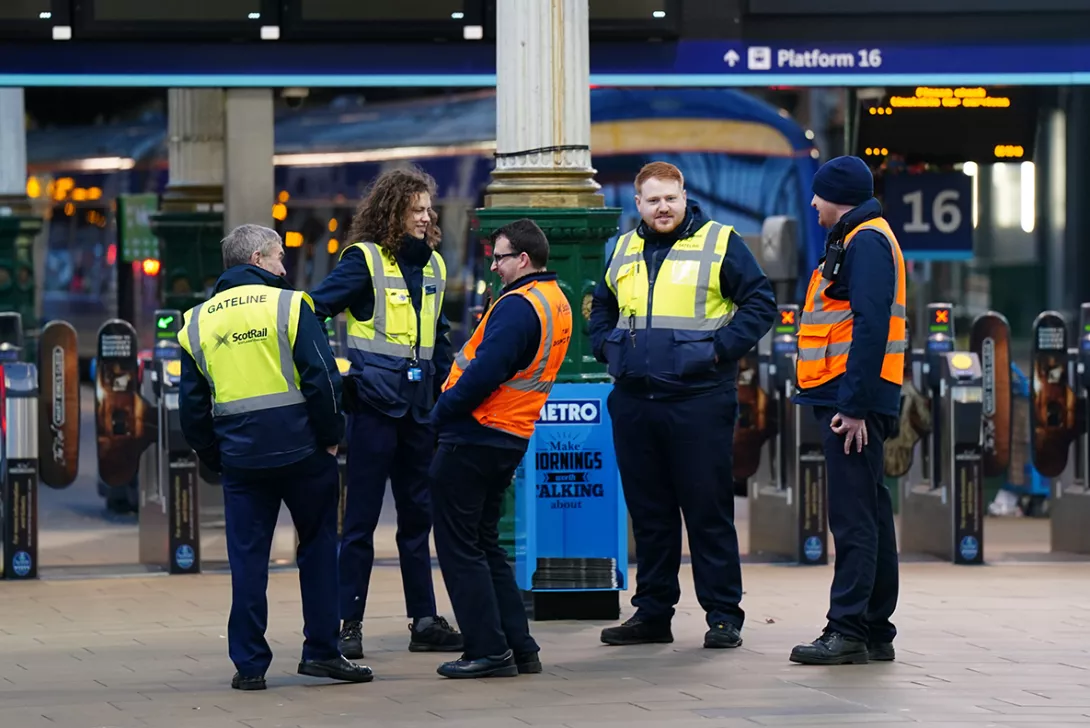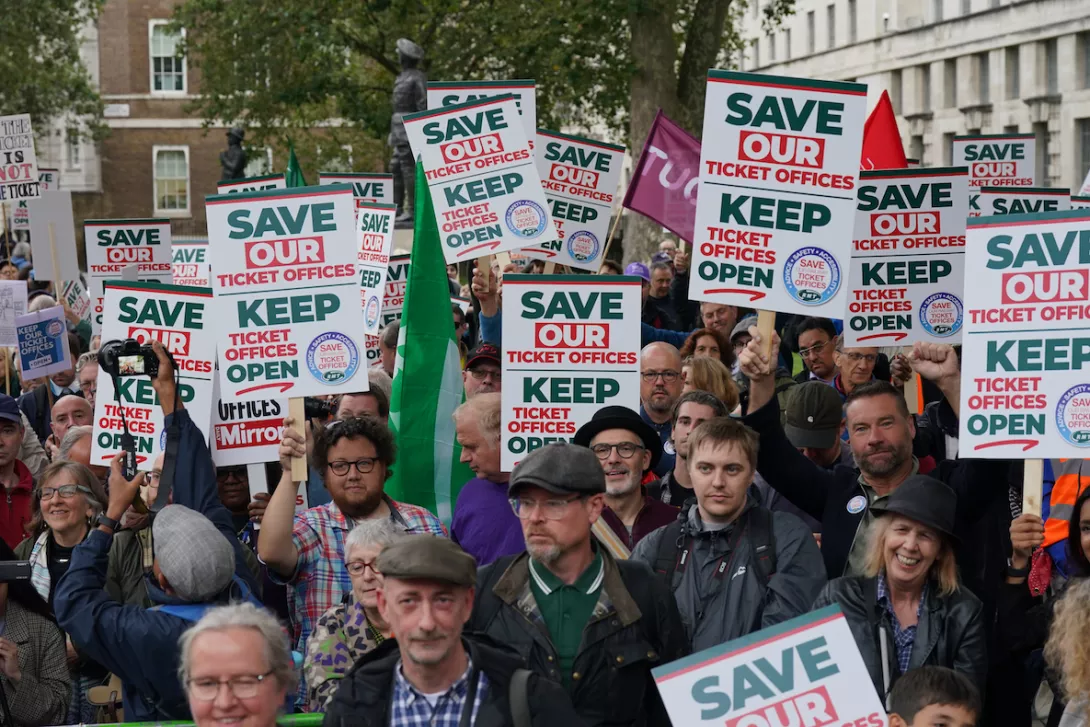
A FEW days ago I joined a large crowd gathered outside the Department of Transport in London. There were ornate union banners being held aloft proudly emblazoned with “Manchester RMT,” “Liverpool, Branch No 5 est 1913,” “Wigan RMT” — and, most movingly for me as a girl from the Rhondda mining valley — “South Wales and West Region RMT retired.”
The rest of the crowd held banners declaring “Save Our Ticket Offices!” and as the march set off towards its destination in Downing Street we were heartened by a torrent of toots of support from passing traffic, the loudest and longest coming from the iconic red double-decker buses.
Cyclists went by waving or holding aloft a fist of defiance and the few pedestrians who weren’t bemused tourists gave us affirmations of support, which begs the question: who on Earth is in favour of this scandalous move to rid our stations of their vital ticket offices?
Apart from the sociopaths who came up with the plan of course.
The march soon reached the Houses of Parliament, the chants rising in indignation as we passed, before pausing at the traffic lights under the impassive gaze of Big Ben on the right, and the neat expanse of Parliament Square on our left, the very place the Chartists and the suffragettes gathered to demand justice, and where the great Brian Haw spent 10 years, through rain and snow, defiantly exposing the crimes of Tony Blair and the other warmongers.
Outside Downing Street, the podium was waiting. We soon heard heartfelt speeches by representatives of the blind community and pensioners; we heard of the legal challenges from disability groups to the closures which assert rightly that it’s a breach of human rights law; we heard from Jeremy Corbyn and finally, to the biggest cheer, from Mick Lynch who took the mic as a light rain began to fall.
“Everywhere we go from Edinburgh to Penzance,” he began, “The communities are coming out; our disabled brothers and sisters, people with visual impairments and hearing impairments, people with learning difficulties.
“People who just don’t want to be ripped off by the algorithm and artificial intelligence, not the human hand or the human smile, or the kind gesture… They will sell you the ticket they want you to have, not the ticket you need or the best value.”
It’s quite a thing when a man of great integrity is also a great orator, and a wave of impassioned energy spread through the crowd as Lynch continued: “This is a fight for the future, the future of the railway workers, it’s a fight for the future of our communities. People up and down this country are sick and tired of this country being hollowed out.
“Our post offices are being closed, our pubs are being closed, our banks have withdrawn from the high street… All the community assets are being hollowed out in the name of profit.
“We will demand our rights. We will take industrial action. We need these anti-union laws repealed immediately! We will do whatever it takes to turn over this injustice.
“We are going to fight for our stations, fight for our people, build a new working-class movement.
“We have got to stand up for ourselves, not rely on the professional politicians and the shysters.
“Let’s have a working-class movement that serves our people and wins for our class. Solidarity!”
It was stirring. And with a record 680,000 responses submitted to the consultation on the closures, it is clear that there is a huge groundswell of opposition to this monstrous move.
And remember, whatever disingenuous nonsense is spewed out by the architects of this outrage to reassure us, the record shows they cannot be trusted.
Indeed, the very imperative under which they operate — more profit for themselves and shareholders — does not allow for the values that make any decent society worth living in: fairness, justice, integrity.
At Woking station, on my way to the rally, I spoke to Alan behind the ticket desk.
“There’s a lot of you going up to the rally,” he said cheerfully. “If you see Mick Lynch, tell him…” — but the rest was lost in the noise and bustle.
Well, I did meet Lynch. I even shook his hand. And on the way back home afterwards, I was able to tell Alan, who was still there, as helpful and jovial as ever, that I had indeed, met Lynch, and the rally had been uplifting in the extreme.
So for Alan, for all the other invaluable railway workers, for the passengers, and our communities, let’s win this.
